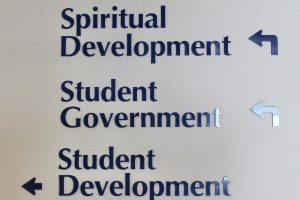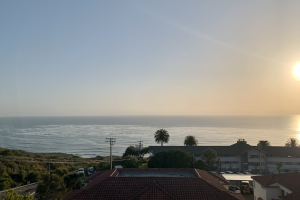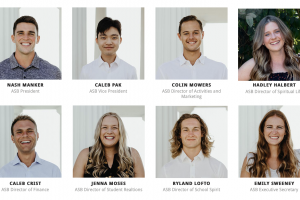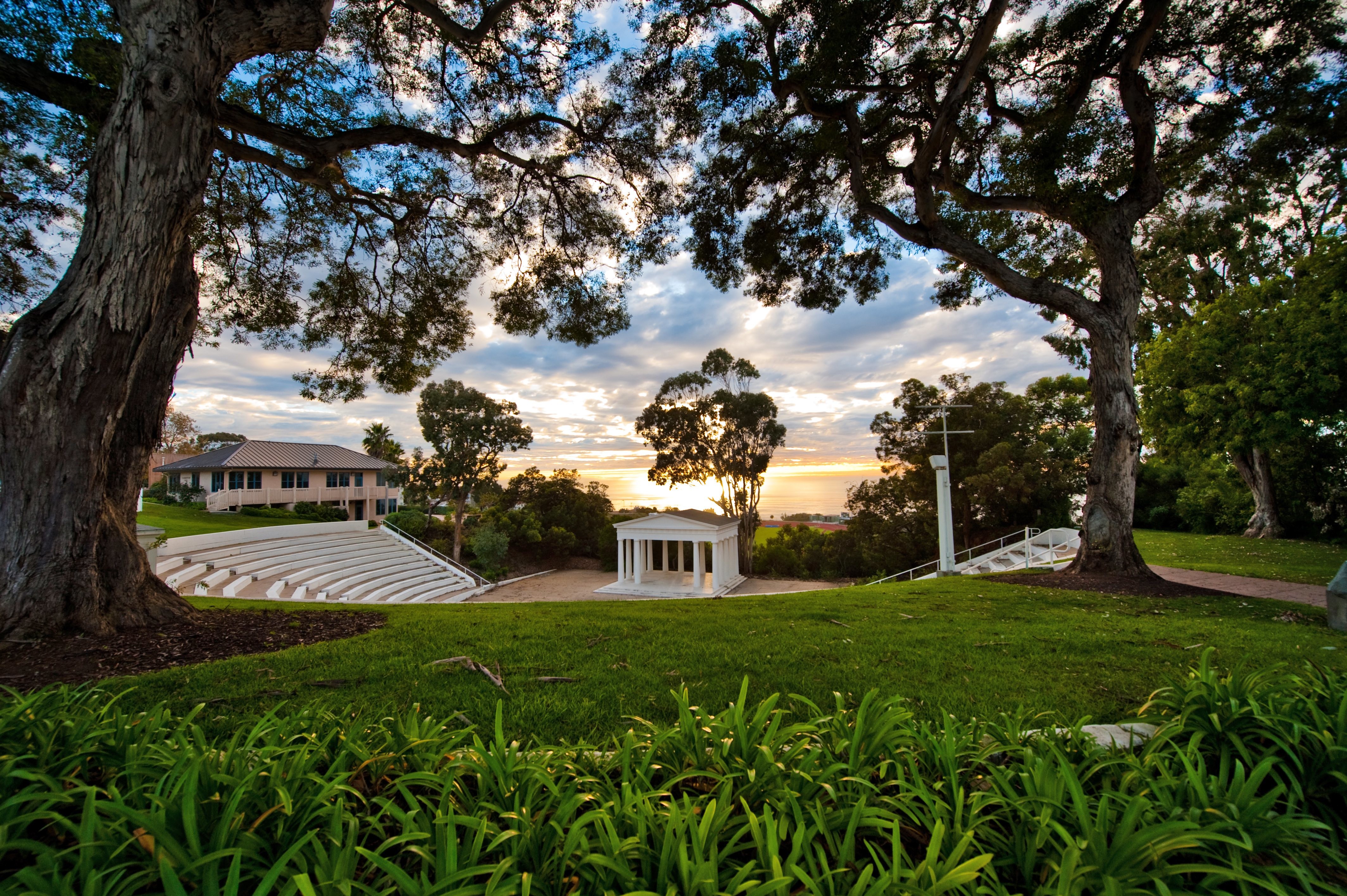PLNU is not known for being the most accessible campus in San Diego.
Improvements such as automatic door openers at Ryan Library and Nicholson Commons have increased access and more projects are in the works according to Bruce Kunkel, director of campus facilities.
In 2013, PLNU initiated a voluntary report of the campus and it’s accessibility. The Americans with Disabilities Act (ADA) doesn’t have requirements until a lawsuit is filed and requires the building code to be updated. Then the requirement would be in building code.
“There are recommendations in [the report] that we are moving forward with,” said Kunkel. “The one we’re looking at right now, I can’t give a timeline or a cost, but the Greek itself for graduation…that’s one we’re looking at [to see] what we are going to do.”
No plans have been made to improve accessibility in the Greek yet according to Kunkel, but other projects, such as reworking the sidewalk from Caf Lane to the parking structure in order to make it more accessible, are moving along.
Students at PLNU who have disabilities are often challenged by the terrain and ease of access to buildings and parking. PLNU Senior Elizabeth Pode is a double major in literature and writing and has spastic diplegia, a form of cerebral palsy.
“Parking is one of the biggest problems,” said Pode via email. “You wouldn’t believe how many times I have to call Public Safety to report someone in a handicap spot without a placard. And if I don’t have a parking spot, I can’t get to class because there are only so many access points without stairs within walking distance for me.”
Certain areas on campus, such as Starkey B, are only accessible via stairs. A handrail was installed to help increase accessibility, but the stairs still exist.
“There is no way to get to those classrooms [without help],” said Pode. “We really do need a ramp because it’s such a hassle to try and change my class schedule to avoid four steps.”
A ramp, however, is not seen as a feasible improvement by the campus.
“If students who need accessibility are scheduled there, we try and move the class to another location because we can’t figure out a good way to get a ramp there that works,” said Kunkel.
The new science building, other new buildings and existing dorms undergoing renovations will be constructed to reflect the latest Americans with Disabilities Act requirements.
One such dorm renovation, in Nease Hall, made sure that ADA accessible rooms and restrooms are available. Access to laundry rooms, however, is still lacking on campus.
“There are no dorms (except Flex) that have handicap access to laundry,” said Pode. “Imagine the girl in the walker lugging her laundry up a flight of stairs in Klassen.”
Because of the terrain, the campus will never be completely accessible.
“We have some enormous challenges here [because of the terrain] and to be honest they’re not challenges that will be addressed by either code or regulation or ADA,” said Kunkel. “We will never have an ADA accessible ramp down to Young Hall, it just isn’t going to happen.”
Improvements continue to be made, but the pace is slow.
“Right now, there’s a long lag time between requesting physical accommodations to the campus and when they are actually implemented,” says Pode.
Money also can be an important factor when it comes to determining projects to improve.
“It’s always a consideration, it’s not the only challenge, but it is one of them,” said Kunkel. “So far, the administration has been good about funding those changes.”






